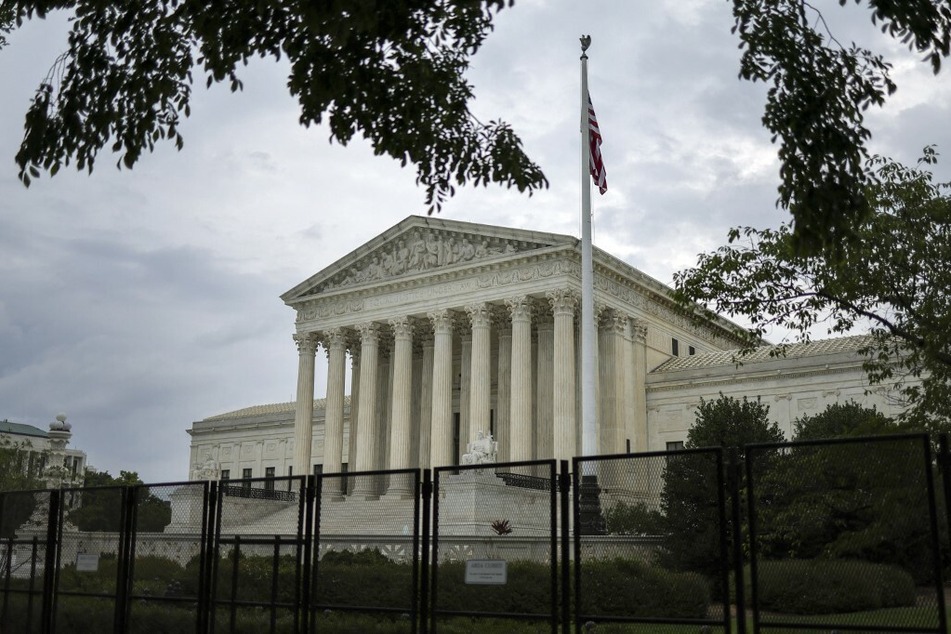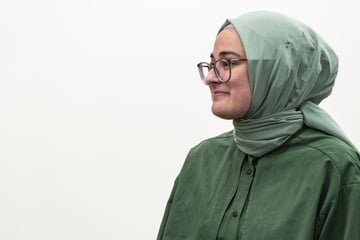Supreme Court rules in favor of high school football coach's post-game prayer sessions
Washington DC - The Supreme Court ruled on Monday that a high-school football coach who knelt and prayed on the field after games was within his constitutional rights.

The case, known as Kennedy v. Bremerton School District, once again pitted liberal justices against the conservative majority, ending in a 6-3 victory for the conservatives, the Associated Press reported.
The decision concerned a Washington state high-school football coach named Joseph Kennedy, who had a custom of praying on the 50-yard line after games.
Initially, Kennedy prayed alone, but he was later joined by students. He also led the students in locker room prayers.
When the school district asked him to stop, saying his actions violated students' religious freedom rights, he ended locker room prayers but continued praying after games. Some parents complained that their kids felt pressured into joining in.
Liberal justices argued that Kennedy's behavior allowed him to insert his "personal religious beliefs into a school event."
Justice Sonia Sotomayor wrote that students "recognize that gaining the coach’s approval may pay dividends small and large, from extra playing time to a stronger letter of recommendation to additional support in college athletic recruiting," adding that "some students reported joining Kennedy’s prayer because they felt social pressure to follow their coach and teammates."
She warned that the Supreme Court's ruling "sets us further down a perilous path in forcing states to entangle themselves with religion."
Conservative justices rule in Kennedy's favor
Conservative judges wrote in the majority opinion, "The Constitution and the best of our traditions counsel mutual respect and tolerance, not censorship and suppression, for religious and nonreligious views alike."
They claimed that Kennedy "prayed during a period when school employees were free to speak with a friend, call for a reservation at a restaurant, check email, or attend to other personal matters" and "while his students were otherwise occupied." Photos provided by the dissent appear to contradict that statement.
Bremerton School District and other advocates fear that the court's ruling will undermine students' religious freedom.
Cover photo: Kevin Dietsch / GETTY IMAGES NORTH AMERICA / Getty Images via AFP
